2009 Mazda B2300 Brake Rotors and Pads
Click here to search another vehicle
All Rotors:
OEM x
Coated x
Drilled, Slotted and Coated x
Front x
Rear x
All Pads:
Ceramic x
Semi-metallic x
Front x
Rear x
Found 15 record
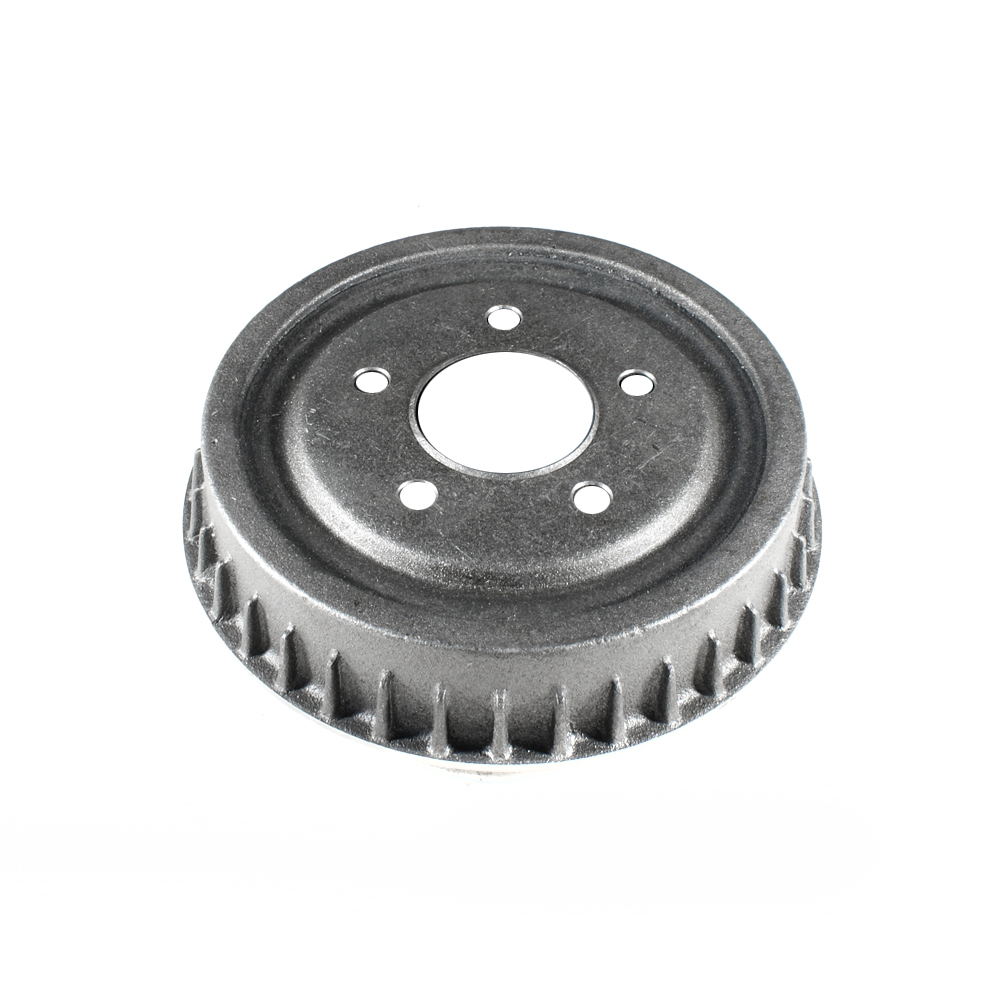
Part No: BD80036
Raybestos: 9651
OE: F87Z1126BA
Raybestos: 9651
OE: F87Z1126BA
$38.84 each
Per Car QTY: 2
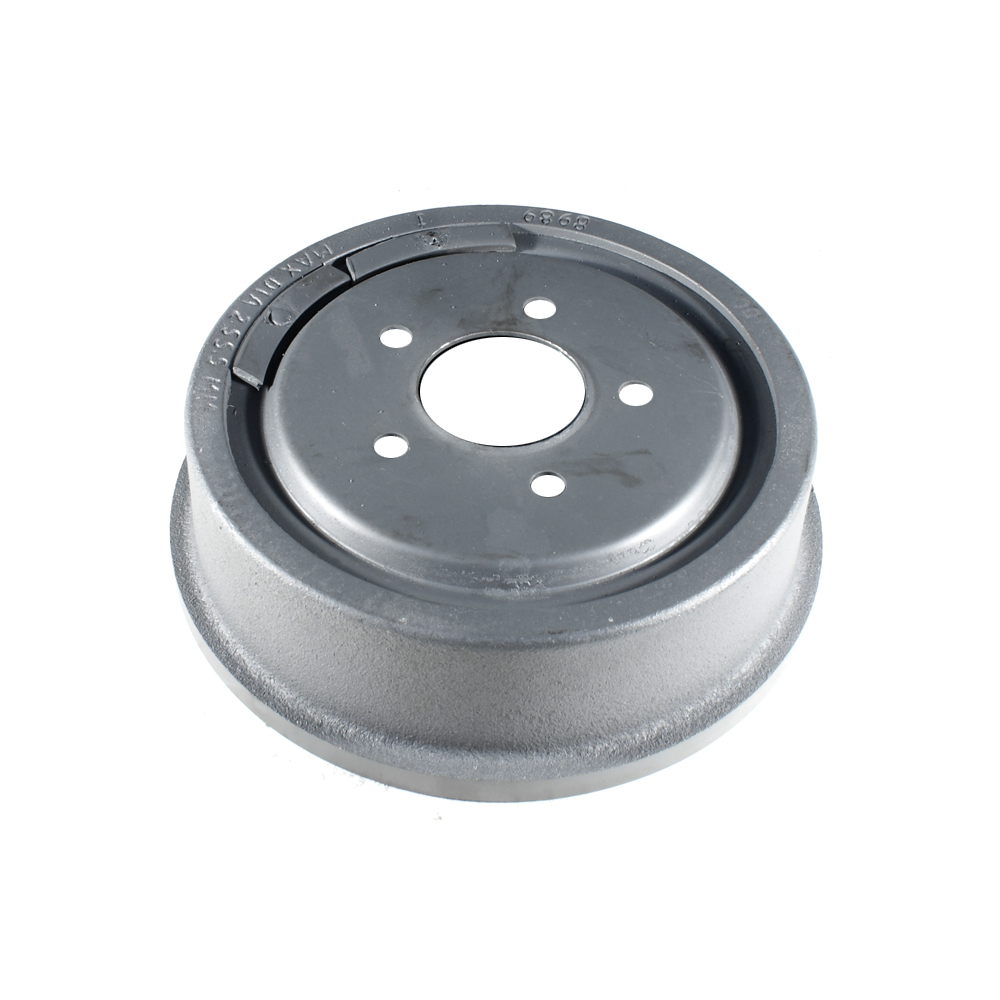
Part No: BD8989
Raybestos: 9498
OE: F07Z1126A
Raybestos: 9498
OE: F07Z1126A
$54.41 each
Per Car QTY: 2
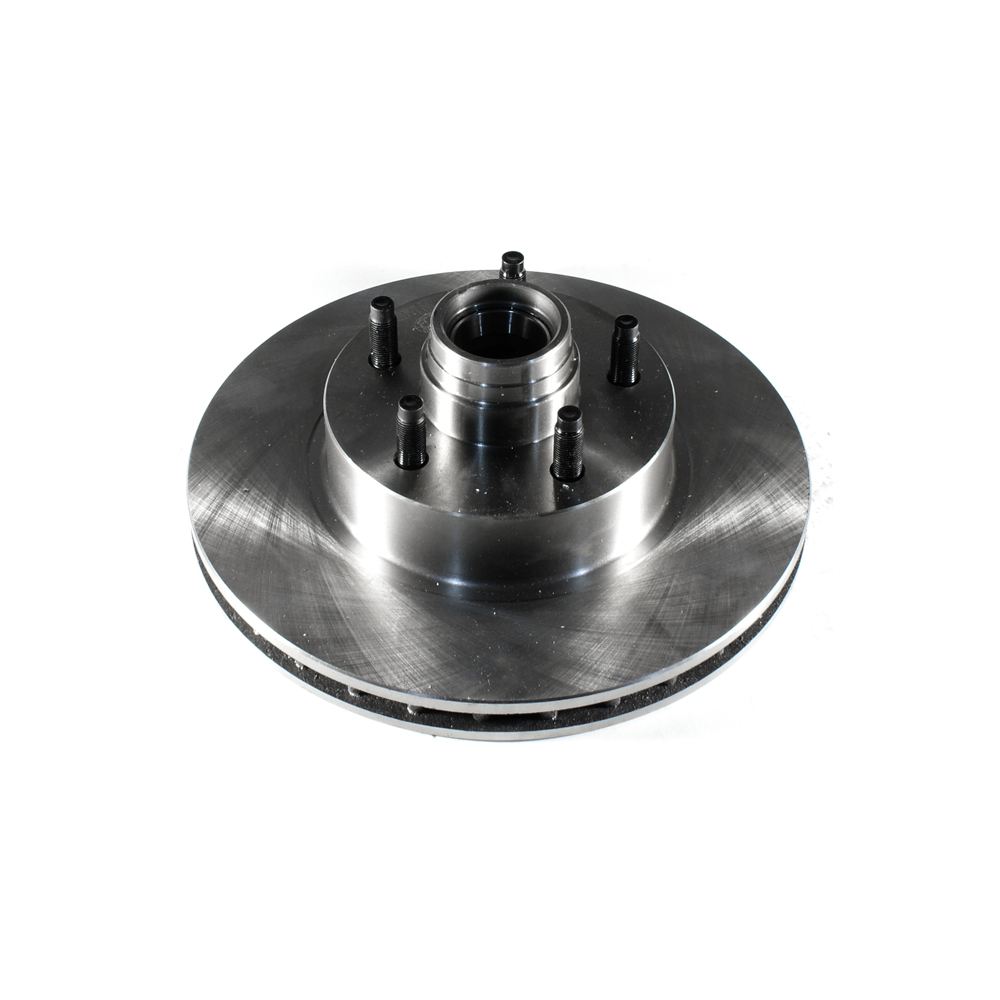
Part No: BR54029
Raybestos: 66597
OE: F5TZ1102H
Raybestos: 66597
OE: F5TZ1102H
$68.11 each
Per Car QTY: 2
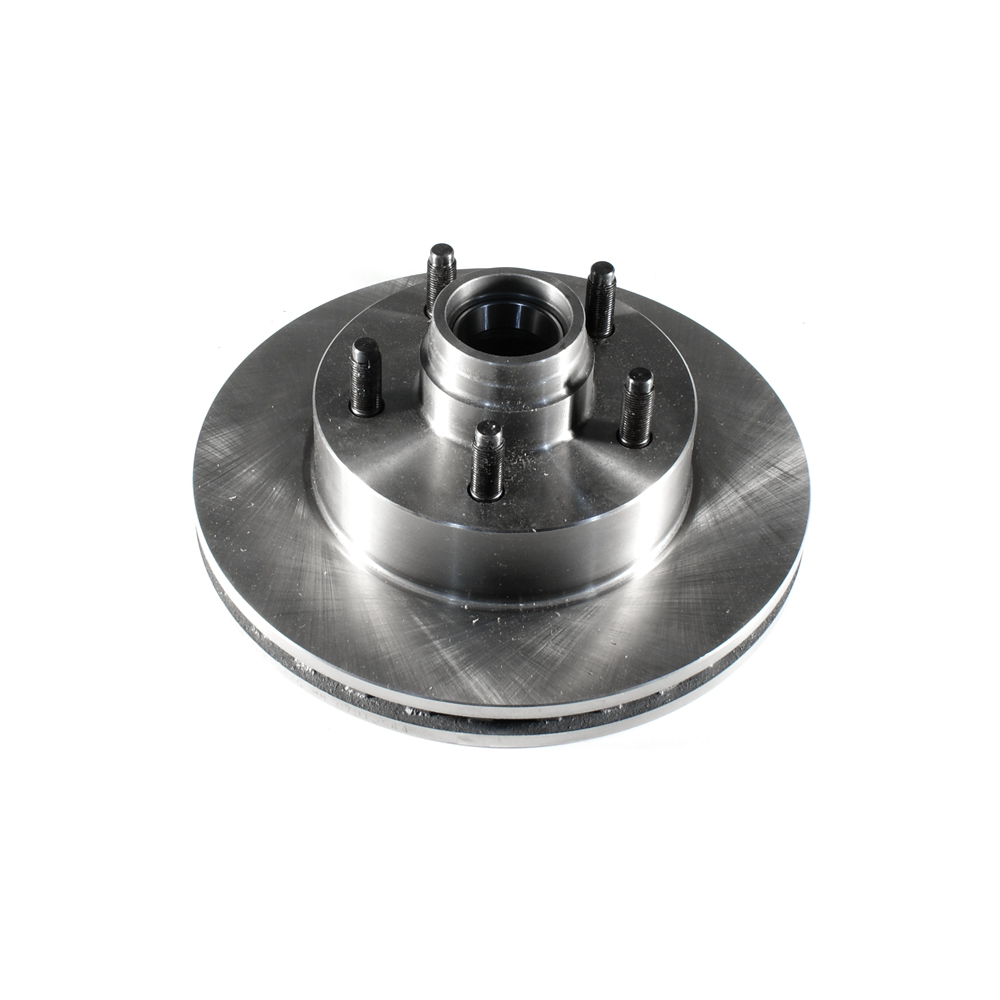
Part No: BR54059
Raybestos: 66673
OE: F87Z1102CB
Raybestos: 66673
OE: F87Z1102CB
$51.46 each
Per Car QTY: 2
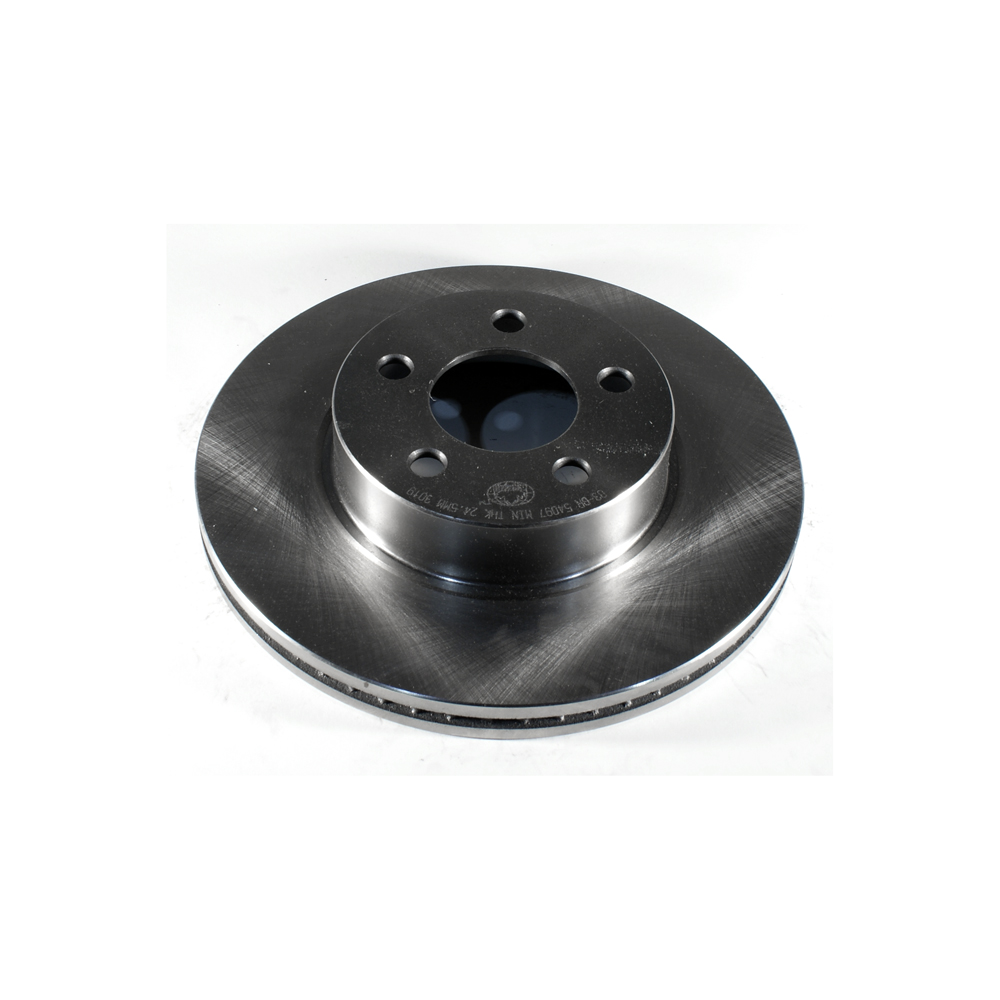
Part No: BR54097
Raybestos: 680027
OE: 5L5Z1125AA
Raybestos: 680027
OE: 5L5Z1125AA
$42.3 each
Per Car QTY: 2
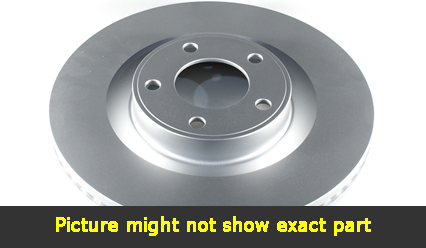
Part No: PP54029
Raybestos: 66597
OE: F5TZ1102H
Raybestos: 66597
OE: F5TZ1102H
$80.42 each
Per Car QTY: 2
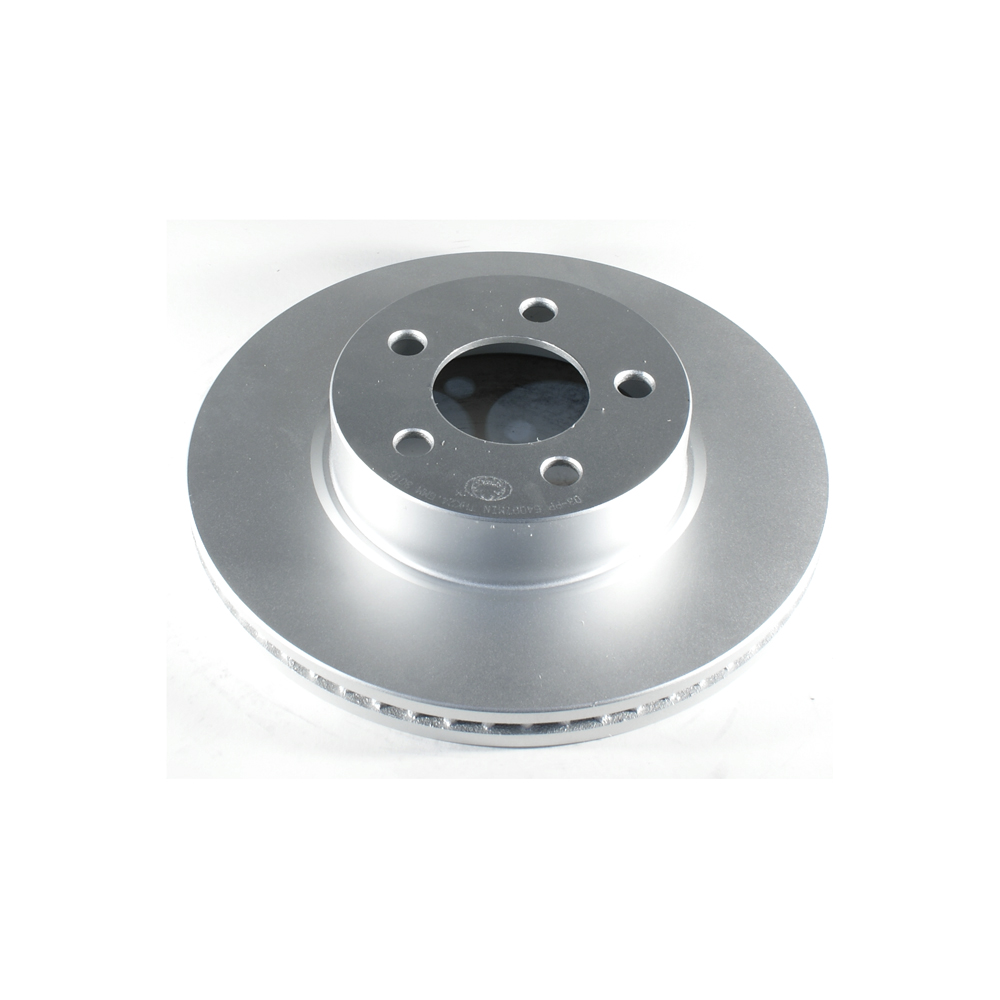
Part No: PP54097
Raybestos: 680027
OE: 5L5Z1125AA
Raybestos: 680027
OE: 5L5Z1125AA
$56.86 each
Per Car QTY: 2
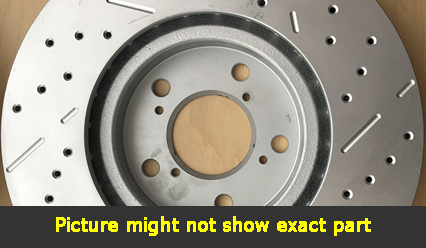
Part No: SP54029L
Raybestos: 66597
OE: F5TZ1102H
Raybestos: 66597
OE: F5TZ1102H
$116.87 each
Per Car QTY: 1
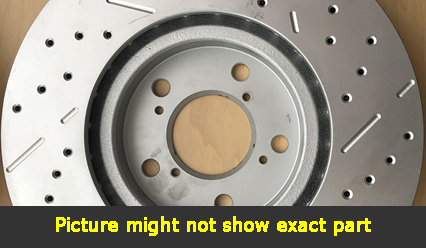
Part No: SP54029R
Raybestos: 66597
OE: F5TZ1102H
Raybestos: 66597
OE: F5TZ1102H
$116.87 each
Per Car QTY: 1

Part No: UP54097L
Raybestos: 680027L
OE: 5L5Z1125AA
Raybestos: 680027L
OE: 5L5Z1125AA
$97.13 each
Per Car QTY: 1

Part No: UP54097R
Raybestos: 680027R
OE: 5L5Z1125AA
Raybestos: 680027R
OE: 5L5Z1125AA
$97.13 each
Per Car QTY: 1

Part No: PD833C
Raybestos: 833
OE:
Raybestos: 833
OE:
$35.41 each
Per Car QTY: 1
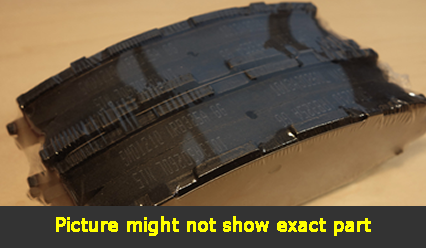
Part No: SMD833
Raybestos:
OE:
Raybestos:
OE:
$22.63 each
Per Car QTY: 1
When it comes to car safety, one component that cannot be overlooked is the braking system. Brakes are undoubtedly one of the most vital parts of any vehicle, and ensuring they are in good working condition is essential for a safe driving experience. If you own a 2009 Mazda B2300, understanding the brake system and its maintenance is crucial for your safety on the road.
The braking system of the 2009 Mazda B2300 consists of several components, including brake pads, rotors, calipers, and brake fluid. It is the combined effort of these parts that allows the vehicle to slow down or come to a complete stop when necessary. Regular maintenance and inspection of the braking system are essential to ensure its efficiency and performance.
One of the most critical aspects of brake maintenance is checking the brake pads and replacing them when necessary. The brake pads are responsible for creating the necessary friction to stop the vehicle. Over time, they wear down due to constant use, and if neglected, they may become too thin, compromising their efficiency. It is recommended to inspect the brake pads at least once every six months or every 12,000 miles and replace them if needed. Additionally, if you notice any unusual noises when applying the brakes, it is a clear indication that the brake pads may need immediate attention.
Another crucial component of the braking system is the rotors. The rotors are the circular metal discs that the brake pads clamp onto to slow or stop the vehicle. Just like brake pads, rotors also wear down over time. Regular inspection is necessary to identify any signs of damage or uneven wear. If the rotors are severely worn or damaged, they may need to be resurfaced or replaced.
Calipers are the parts of the braking system that apply pressure to the brake pads, causing them to squeeze against the rotors. These components can also experience wear and tear due to heat and continuous use. If you notice any leakage or difficulty while applying the brakes, it is advisable to have the calipers inspected by a professional mechanic. They may need to be repaired or replaced to ensure optimal brake performance.
Brake fluid plays a crucial role in the braking system as it transfers the force from the brake pedal to the brake components. It is essential to check the brake fluid level regularly and top it up if needed. Over time, brake fluid can become contaminated or degrade due to moisture absorption. It is recommended to have the brake fluid flushed and replaced every two to three years to maintain its effectiveness.
To maintain the safety and efficiency of your Mazda B2300's braking system, it is crucial to schedule regular inspections with a qualified mechanic. They will be able to thoroughly examine all brake components, check for any signs of wear or damage, and perform necessary repairs or replacements to ensure optimal performance. If you notice any warning signs, such as squeaking or grinding noises, reduced braking ability, or an illuminated brake warning light, it is essential to take immediate action and have your brakes inspected.
In conclusion, the braking system of your 2009 Mazda B2300 is a critical factor in your safety on the road. Regular maintenance and inspection will help identify any issues and ensure that the brakes are working efficiently. Neglecting brake maintenance can lead to reduced braking performance and compromise your safety. Remember to always prioritize the maintenance of your brake pads, rotors, calipers, and brake fluid. By doing so, you can drive with confidence and peace of mind, knowing that your brakes are in good working condition.
The braking system of the 2009 Mazda B2300 consists of several components, including brake pads, rotors, calipers, and brake fluid. It is the combined effort of these parts that allows the vehicle to slow down or come to a complete stop when necessary. Regular maintenance and inspection of the braking system are essential to ensure its efficiency and performance.
One of the most critical aspects of brake maintenance is checking the brake pads and replacing them when necessary. The brake pads are responsible for creating the necessary friction to stop the vehicle. Over time, they wear down due to constant use, and if neglected, they may become too thin, compromising their efficiency. It is recommended to inspect the brake pads at least once every six months or every 12,000 miles and replace them if needed. Additionally, if you notice any unusual noises when applying the brakes, it is a clear indication that the brake pads may need immediate attention.
Another crucial component of the braking system is the rotors. The rotors are the circular metal discs that the brake pads clamp onto to slow or stop the vehicle. Just like brake pads, rotors also wear down over time. Regular inspection is necessary to identify any signs of damage or uneven wear. If the rotors are severely worn or damaged, they may need to be resurfaced or replaced.
Calipers are the parts of the braking system that apply pressure to the brake pads, causing them to squeeze against the rotors. These components can also experience wear and tear due to heat and continuous use. If you notice any leakage or difficulty while applying the brakes, it is advisable to have the calipers inspected by a professional mechanic. They may need to be repaired or replaced to ensure optimal brake performance.
Brake fluid plays a crucial role in the braking system as it transfers the force from the brake pedal to the brake components. It is essential to check the brake fluid level regularly and top it up if needed. Over time, brake fluid can become contaminated or degrade due to moisture absorption. It is recommended to have the brake fluid flushed and replaced every two to three years to maintain its effectiveness.
To maintain the safety and efficiency of your Mazda B2300's braking system, it is crucial to schedule regular inspections with a qualified mechanic. They will be able to thoroughly examine all brake components, check for any signs of wear or damage, and perform necessary repairs or replacements to ensure optimal performance. If you notice any warning signs, such as squeaking or grinding noises, reduced braking ability, or an illuminated brake warning light, it is essential to take immediate action and have your brakes inspected.
In conclusion, the braking system of your 2009 Mazda B2300 is a critical factor in your safety on the road. Regular maintenance and inspection will help identify any issues and ensure that the brakes are working efficiently. Neglecting brake maintenance can lead to reduced braking performance and compromise your safety. Remember to always prioritize the maintenance of your brake pads, rotors, calipers, and brake fluid. By doing so, you can drive with confidence and peace of mind, knowing that your brakes are in good working condition.


